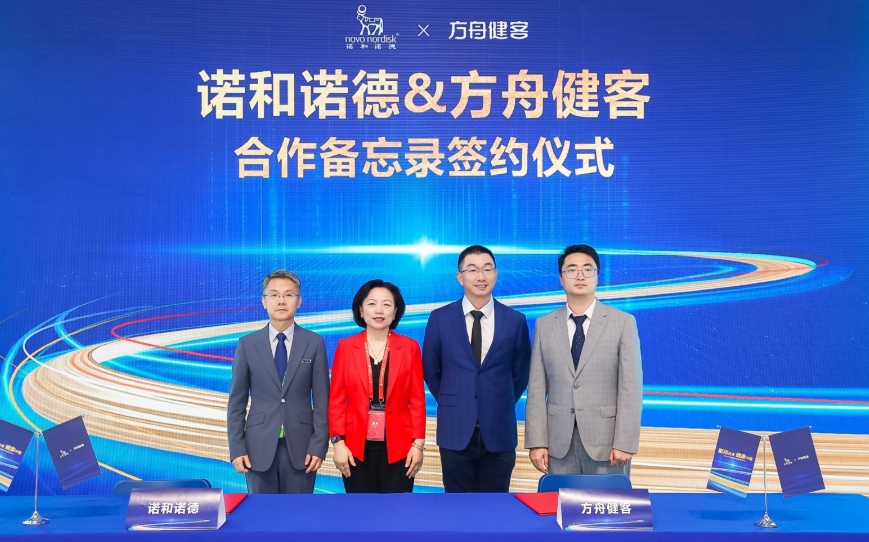
Afatinib is a better choice for EGFR-mutated lung cancer in first-line, according to reports at ESMO
Singapore: Patients with EGFR-activating mutations in advanced lung cancer seem to benefit more from afatinib than gefitinib as first-line treatment, researchers reported at the first ESMO (European Society for Medical Oncology) Asia 2015 Congress in Singapore.
In the global, randomised, open-label Phase IIb LUX-Lung 7 (LL7) trial, the irreversible ErbB family blocker afatinib significantly improved efficacy versus gefitinib across a range of clinically relevant endpoints, such as progression-free survival, time-to-treatment failure and objective response rate.
"Based on these results I would consider afatinib as the EGFR tyrosine kinase inhibitor (TKI) of choice for the first-line treatment for patients with EGFR mutation-positive non-small-cell lung cancer (NSCLC)," lead author, Professor Keunchil Park, head of the Division of Hematology/Oncology at Samsung Medical Center, Sungkyunkwan University School of Medicine, Seoul, Korea, said. NSCLC is the most common type of lung cancer: activating epidermal growth factor receptor (EGFR) gene mutations are more frequently observed in non-smokers and women, and occur in 50 percent of Asians and only 10 percent of non-Asians.
The targeted agents afatinib and gefitinib block key pathways involved in tumour growth and spread. They have both been approved for the treatment of naive patients, based on the results of Phase III trials, confirming their superiority compared to chemotherapy. Unlike the first-generation EGFR inhibitor gefitinib, the irreversible ErbB family blocker afatinib is suggested to be active in prolonging tumour response and delaying disease progression. In the first head-to-head LUX-Lung 7 trial, afatinib candidates to be a better choice for EGFR-mutation positive NSCLC naive patients who had received no prior treatment.
Dr Martin Reck, chief oncology physician at the Department of Thoracic Oncology, Hospital Grosshansdorf, Germany, who was not involved in the study, cautions that the individual patient and his or her comorbidities will still guide the selection of EGFR inhibitor. "Following these trial results, afatinib will be one of the most attractive EGFR tyrosine kinase inhibitors. However, tolerability also plays a determining role in the selection and dosing of a tyrosine kinase inhibitor. The tolerability profiles between gefitinib and afatinib are different and the selection of the therapy will still be based on the individual clinical decision," he said.
The primary analysis of overall survival data is planned in 2016 and will provide further responses.




